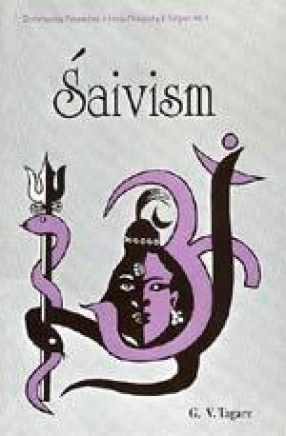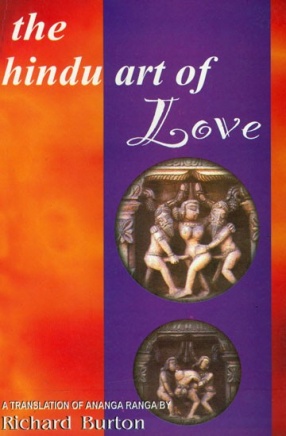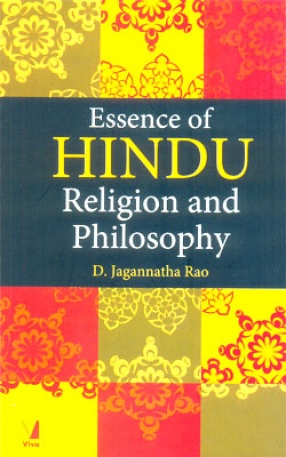Along with Brahma and Vishnu, Shiva makes the Hindu trinity: the trimurti. The name, Shiva signifies ‘auspiciousness’. But he is Rudra: the fierce, as well. Often looked upon as the principle of cosmic destruction, he also creates and reproduces. In abstract terms, Shiva is the first cause, the source of consciousness, the very substratum of the universe. Shaivism: the worship of Shiva, is not just a dominant religious tradition. It is also a philosophy which, over the centuries, has evolved metaphysical doctrines on different issues of universal concern, specially the nature of Reality: Shiva (pati), and of its interrelatedness with the ‘Individual Soul’ (jivatman/pashu) and the world at large. Dr. Tagare’s book is a brilliant effort to quintessentially unfold Shaivism and its principal philosophical expressions. Spelling out a range of fundamental concepts like, for instance, pati (Shiva), pashu (individual soul), and moksha (liberation), the author offers a stimulating, highly systematic discussion of the major, agama-based Shaiva Schools, namely, Kashmir Shaivism, Siddhanta Shaivism, Shivadvaita (or Shaiva Vishishtadvaita of Shrikantha), and Vira-Shaivism (or Shakti-Vishishtadvaita); besides the Vedic Pashupatism — with emphasis on how one school of Shaiva thought differs from the other. Finally describing some of its syncretic forms, Dr. Tagare demonstrates how Shaivism, through a balanced synthesis of yoga, karma and bhakti, inheres a strong relevance to the tension-riven world of our times. Together with a glossary of Sanskrit terms and many bibliographic references, the book holds out a lasting appeal to the scholars of Indology, traditional Indian philosophy, and religion.
The Brahmanda Purana (In 5 Volumes)
$136.80
$152.00






There are no reviews yet.